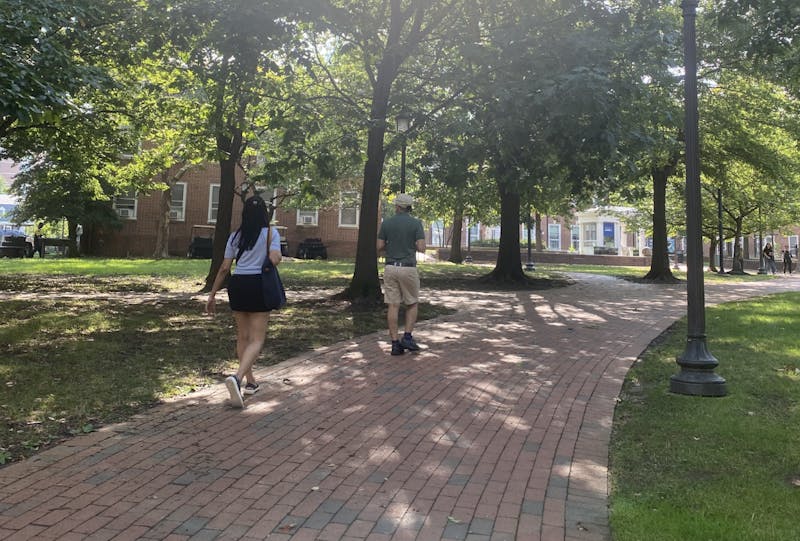For many college freshmen, adjusting to university life involves navigating new academic challenges and social landscapes. For Samika Jain, a freshman from Mumbai, India, this transition is compounded by the complexities of living in a different time zone, leading to feelings of homesickness that transcend geographical distance.
Living in Baltimore while her family remains thousands of kilometers away, Jain often finds herself grappling with the emotional weight of separation. As evening settles in Baltimore, her family in Mumbai is just starting their day. The disconnect becomes palpable during simple moments, like receiving a text from her mother with a photo of her morning cup of chai. This small gesture serves as a reminder of home, yet it also highlights the emotional distance created by time differences.
Jain’s experience exemplifies a common struggle for international students. On one hand, she embraces her new life, filled with academic pursuits in Molecular and Cellular Biology; on the other, she feels the ache of missing significant family moments. A FaceTime call with her father during Diwali illustrates this duality. The call, filled with background sounds of celebration, brings both joy and sorrow as she realizes she is physically absent from the festivities.
Living Between Time Zones
Living in a different time zone forces students like Jain to measure home not by distance but by hours. The challenge of coordinating communication becomes a daily task. She recalls the moment she missed a call to wish her sister good luck before an exam, a tradition she had upheld for years. The weight of that missed connection underscores a deeper sense of loneliness that can settle in during quiet moments on campus.
As Jain walks through the vibrant campus, she observes the laughter of her peers and the warmth of social interactions happening around her. Yet, she is acutely aware that her family is just waking up back home. The aroma of breakfast and the sound of daily routines echo in her mind, reminding her of the life she has left behind, even as she attempts to build a new one.
Jain reflects on the nature of homesickness, realizing it is less about missing a physical location and more about longing for shared experiences. Family dinners happening while she studies, and holidays that coincide with midterms serve as poignant reminders of what she is missing. The challenge lies in reconciling these feelings while forging a new identity in a college town that operates on a different schedule.
Embracing New Beginnings
Adjusting to this new normal requires Jain to cultivate a sense of belonging in her new environment. She learns to navigate the space between her life in Baltimore and her roots in Mumbai, embracing the beauty of unfinished moments. The reality of missed calls and late replies becomes a part of her story, teaching her the importance of forgiveness—both for herself and her family.
Despite the distance, Jain finds solace in the small connections that bridge her two worlds. During evenings, as she walks back from Gilman Hall, she pauses to watch the sunset. The sky shifts to the same hues that her parents are witnessing, momentarily collapsing the distance between their lives. In these fleeting moments, she feels a sense of unity, reminding her that while she may be far away, she still carries her family in her heart.
Through her experiences, Jain captures the essence of the freshman journey—one that is marked by both challenges and opportunities for growth. As she navigates the complexities of being an international student, she embraces the lessons learned from living between time zones, ultimately redefining what it means to call a place home.






































































